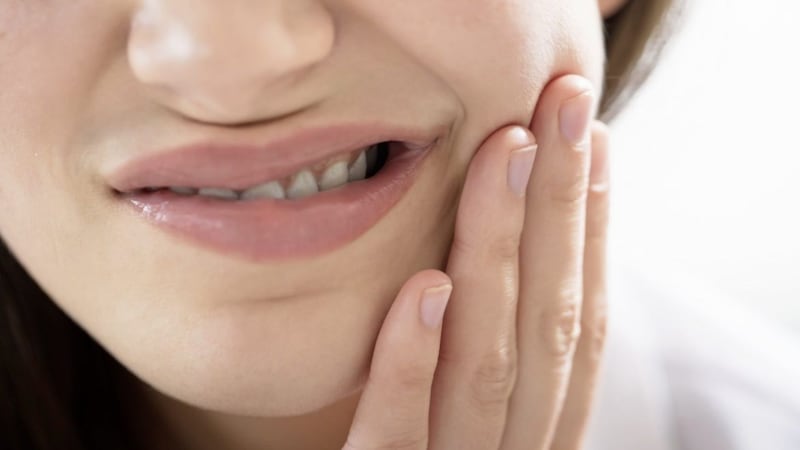STONES: good for your garden but not helpful if they are found in your salivary ducts. We are maybe more familiar with gallstones and kidney stones but stones can also form in your mouth. Like all the other stones, they eventually grow so big that they cause a blockage which builds up pressure and results in pain and discomfort.
The medical term for salivary stones is sialoliths. They are masses of crystalized minerals, including calcium, that form in the tubes that run from your salivary glands into your mouth. They can be small, like apple pips, but some are relative whoppers the size of a lychee stones and can end up being quite nobbled looking, like a piece of beach coral.
There are three main pairs of salivary glands in your mouth, working flat out to produce saliva. They are called the submandibular, parotid and sublingual glands. The vast majority of stones are found in the submandibular gland just under your lower jaw. If they form in your sublingual glands the stone will pop out just under your tongue.
When a salivary duct blocks you tend to experience swelling of the salivary gland and a dry mouth. Pain is especially prevalent after eating because you have stimulated the production of saliva which has built up behind the stone mass and has nowhere to go. Infection around a stone can leave you feeling generally unwell with a fever. Also, as there is sulphur in salivary stones they can give off a foul smell and taste.
It’s not fully understood what causes salivary stones. However, certain factors can increase a person's risk of getting them, like being male, taking medications that affect saliva production, having radiotherapy to your jaw, kidney problems and not drinking enough water.
Although not usually serious, they can be annoying. Sometimes you can massage the stone along the duct and encourage it to come out of the salivary duct opening. Drink plenty of water to help hydrate the area and stimulate salivary flow first before massaging. Other times the stones are just too big to budge and require extra persuasion by a dentist to surgically remove them.
In some cases your dentist may suggest using shock waves to break the stone into smaller pieces. This is called extracorporeal shock wave lithotripsy (ESWL) and allows the smaller pieces to pass through the duct. During this procedure, high-energy sound waves are directed at the stone.








